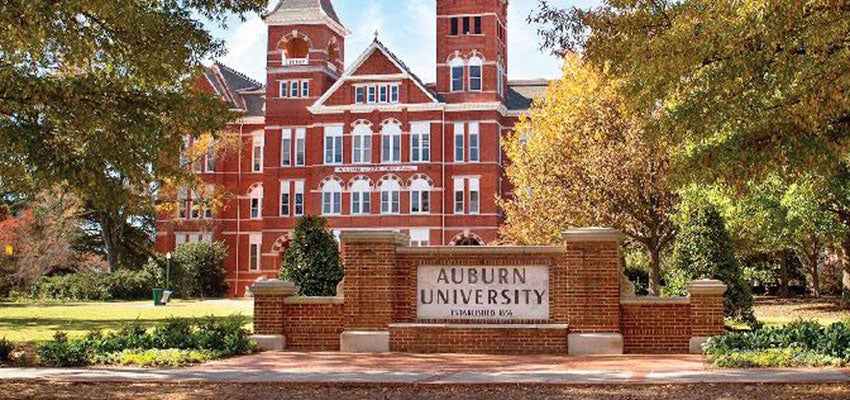AU active shooter response program trains thousands in best practices
Published 1:40 am Saturday, February 17, 2018
How should you respond in the midst of an active shooter incident? It’s a question once again in the forefront as the nation grieves another mass school shooting. Since its inception nine years ago, Auburn University’s Active Shooter Response Program has provided the answer to thousands, helping lead the way in training among many agencies and schools throughout the nation and world.
“Our goal is to provide those in need of such life-saving information the tools by which to act with best practices,” said Chance Corbett, interim executive director for Auburn University’s Department of Campus Safety and Security, noting the following safety tips to remember in an active shooter incident: when possible, flee the area from danger; if unable to flee, find a safe place and barricade the door; if an intruder enters your room or safe space, be prepared to run and, if necessary, throw objects at the intruder’s head while leaving; and as a last resort be prepared to fight back.
Corbett said his department’s Active Shooter Response Program has been embraced by multiple state agencies and schools throughout the state, nation and even as far away as schools in Australia.
“What we did really rubbed off on a lot of agencies,” said Corbett, who also has been a state instructor for the Advanced Law Enforcement Rapid Response Training, ALERT, program.
Since beginning the active shooter program, Corbett said his department has held hundreds of classes for thousands of workers from Auburn University, the Alabama Senate and House of Representatives, Alabama Judges’ Association, cities of Tuskegee and Phenix City, several churches and civic organizations, the federal courthouse in Columbus, Georgia, and various local and regional K-12 school districts. In addition, Corbett’s department distributed a training video on YouTube a few years ago that has received more than 700,000 views and has been implemented in training exercises by an extensive list of organizations.
Corbett said that when it comes to community requests for assistance from his department, he first recommends the public reach out to local law enforcement to see what is available. From there, he said his office is always more than willing to help provide any assistance it can and at no cost.
“Auburn University is more than willing to help,” he said. “We do it as an outreach of the university.”





